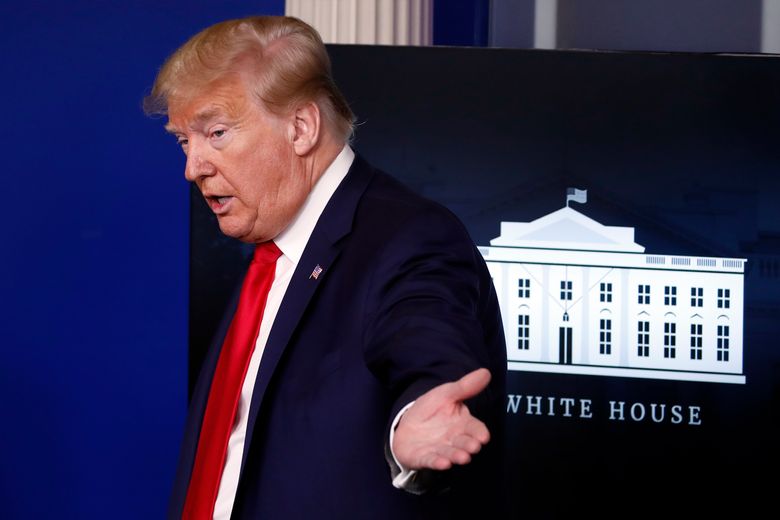
We’re no longer a country united — instead, divided amid crisis
by Starr MayerLet’s face it. We are no longer a United States of America. What the pandemic and President Donald Trump’s response and lack of response have revealed is that we each live in a state of America. There is nothing united in how we are currently functioning.
When I lived in Jamaica, Rex Nettleford, a well-known professor at the University of the West Indies and director of the Jamaican National Dance Theater, would describe Jamaica as a tapestry — where the whole was important, but each thread was visible and never lost its hue or texture. I loved that idea and wanted to think of America that way. Today, we are certainly no tapestry. That would imply connectivity — being stitched together. If any part of the fabric is turned, we all turn. The woven material covers and comforts. Hardly a tapestry, we are not even a quilt.
This virus has magnified all of the problems that states’ inequities have always created. Separate laws like those regarding gun purchases or vaping or how we vote have never made sense to me. But now we are talking about a common enemy, and one that knows no borders. And now there is basically no federal government, there are only individual states. My son in Tennessee has accessible COVID-19 testing for all; we do not. We have contact tracers; they do not. Is this truly what our founders had in mind? Fifty separate responses to a global war, with no national response whatsoever? We are pathetic soldiers in 50 different ill-equipped militias.
Every leader of an organization, no matter how large or small, knows the importance of continuously holding out before the group the shared vision. Saying: this is who we are, this is what we stand for, this is why we do our work, this is our goal and our plan to achieve it. That forged central identity is what binds athletic teams, organizations and even countries together. Without a clarion call from a central voice, we are left with confusion, competition and confrontation. The states were, and then weren’t, and then were again “in charge” of responding to this deadly pandemic, according to the president. And to do what was unclear.
We need to hear the things that are universally important to us as a nation. We need directions that can be followed from sea to shining sea. We need reassurance that only when we consider our neighbors and our fellow Americans in other states can we repair the damage done by this outside invader of a virus.
And if I am to be a warrior for my country, I want to know I am doing battle for a reason. I am willing to make sacrifices, but not if other people are going in opposite directions and if what I am giving up is dismissed or ridiculed. I need to feel that the president gets that I am tired of staying home, and worried about my retirement savings, and nervous about getting the virus. We all feel that same way — here in Washington, and in Tennessee, and all the states in-between.
I want to be part of a tapestry. I want to be a distinct part of a whole. I want to be part of a country that appreciates that the individual sacrifices we make are for everyone — not just my family, my neighborhood, my state, my political party. I want to be part of a United States of America. Is that even possible any more?
Starr Mayer lives in Tacoma and is a retired social worker, volunteer child advocate and writer. She is the author of "When Bad Things Happen to Good Organizations."